Cardinal Parolin Message to Korean Peace Forum
Welcome, Accompany, Listen, and Dialogue
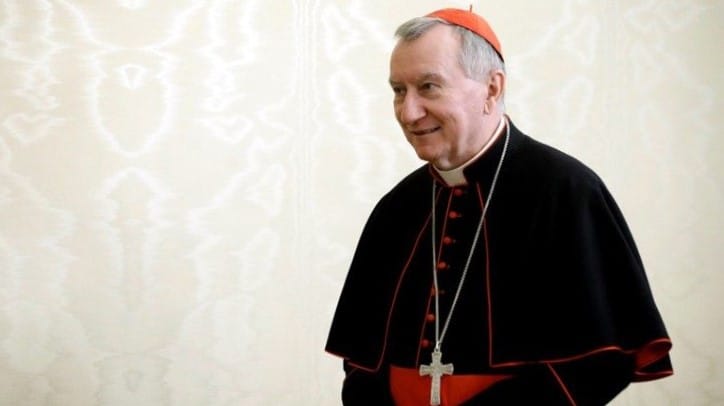
Vatican Secretary of State Pietro Paroline sent a Video-Message to the Korean Global Forum for Peace (KGFP), in which he discusses the role of Churches in promoting peace in the Korean Peninsula. The event, organized every year by the Republic’s Unification Ministry, opened today, Tuesday, August 31, 2021.
In an article in “Vatican News,” Cardinal Parolin, argued the following in his Video-Message to the Forum: whereas justice exacts not to violate others’ rights, but to give them what correspond to them, charity makes us feel the needs of others as our own. This fosters fruitful cooperation and friendship. Therefore, true peace can be established in the world when justice finds its fulfillment in charity or love.
In his Message, the Vatican diplomat gave a long presentation on “The Role of Churches in the Establishment of Peace in the Korean Peninsula,” in which he explained principles, values, and ideals of the Tradition of the Church and of the Gospel, which will help to obtain peace and reconciliation in the territory.
Welcome, Accompany, Listen
“Vatican News” recalls that according to Pope Paul VI, peoples and nations must meet as brothers and sisters, as children of God, and work together to build the common future of the human race, in order to create the conditions for the integral development of humanity based on solidarity. Cardinal Parolin pointed out that this process is fostered with actions of hospitality, accompaniment, and listening.
Pope Francis describes welcome as closeness, openness to dialogue, patience and kindness that doesn’t condemn. It means to make room to them in our lives and to be willing to share our joys and sorrows, which helps to build genuine relations.
On explaining the need to accompany, the Cardinal said that there cannot be a harmonious development of society in all its areas if we do not put into practice shared strategies in concrete situations, geared to the respect of human life and the dignity of everybody and the progressive accompaniment of people.
Listen and Dialogue
The act of listening and dialoguing implies dedicating consciously precious time and attention to decode carefully the signs we receive. The Secretary of State said that listening helps the resolution of conflicts, cultural mediation, and the building of peace in communities and groups. According to Pope Francis, dialogue helps us to understand and appreciate the needs of others and fosters in us an attitude of listening and openness to the valid points of view of the interlocutor.
Cardinal Parolin said that dialogue is a great sign of respect, as it helps people to understand and appreciate others’ needs. Dialogue becomes an expression of charity, as it can help us to seek and share the common good without ignoring differences and without making our position prevail over that of others.
In regard to a new vision of relations in the Korean Peninsula, the 66-year-old Cardinal highlighted the figure of Pope John XXIII, who always stressed the universal values that unite people. He always sought the goodness present in every person and society, and he established a dialogue based on mutual respect and acknowledgment, which overcame the narrow-mindedness that created divisions.
His belief that there is goodness in every person led him to seek first what unites and not what divides. This is the basis of dialogue, said Cardinal Parolin, and this is what enabled Pope John XXIII help to resolve peacefully the Cuban missile crisis.
Peace, Justice, and Charity
According to Vatican Council II, explained the Cardinal, peace is more than the absence of war or the balance of power between opposing forces. There cannot be peace if the wellbeing of people isn’t safeguarded and if there is no sharing freely among them of the riches of their minds and talents, with a spirit of mutual trust. Hence peace is also the fruit of love, because love goes beyond what justice can obtain.
We can also say that peace is friendship and benevolence. According to Confucius, benevolence means not to impose on others what one doesn’t want for oneself, a principle close to the Christian precept: “Love your neighbor as yourself” (Matthew 22:39), pointed out the Cardinal.
Quoting Pope John Paul II, Cardinal Parolin said that for true peace to be established in the world, justice must find its realization in charity, namely, in love. So he reminded that forgiveness is necessary to resolve the problems of individuals and peoples. Only a humanity in which the “civilization of love “ reigns will be able to enjoy a genuine and lasting peace.
Friendship
According to Pope Francis, friendship also has a social dimension based on solidarity and reciprocity. He was referring to this when in the midst of the havoc of COVID-19 in a deserted St. Peter’s Square on March 27, 2020, he said we are all in the same boat, fragile and disoriented, but that we all need one another, as no one is saved alone.
In his encyclical Fratelli Tutti, on fraternity and social friendship, Pope Francis describes dialogue as drawing near, talking, listening, looking, getting to know and understand one another, and finding a common ground. This sort of dialogue on the part of many generous people, keeps families and communities united, without eliciting headlines, says the Pontiff.
To conclude, Cardinal Parolin said to the Forum that, for genuine peace in the world, justice must find its realization in charity and people must look more for what unites them than what divides them. Stressing the need for friendship and fraternity in the world, Pope Paul VI said that we must see in others not strangers, rivals, an annoyance, an adversary, or an enemy, but human beings like ourselves, worthy of respect, esteem, help, and love.
Reconciliation in Korea
The Holy Father sent a message to all the faithful of “our dear South Korea on this Jubilee day,” the bicentenary of the birth of Saint Andrew Kim Taegon. In the document, the Pope thanks all the Korean ecclesial community for their generosity in supporting the vaccination campaign against COVID-19 in favor of the poorest countries, and he appeals for the reconciliation of the Korean Peninsula.
The Pontiff also raised prayers to God for having given the people of South Korea — in the person of Saint Andrew Kim Taegon –, “an exemplary witness of heroic faith and tireless apostle of evangelization in difficult times, marked by the persecution and suffering of that people.”
Translation by Virginia M. Forrester
Related
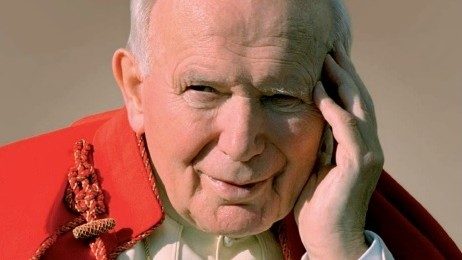
Mass in Commemoration of the 20th Anniversary of the Death of John Paul II
Exaudi Staff
01 April, 2025
1 min
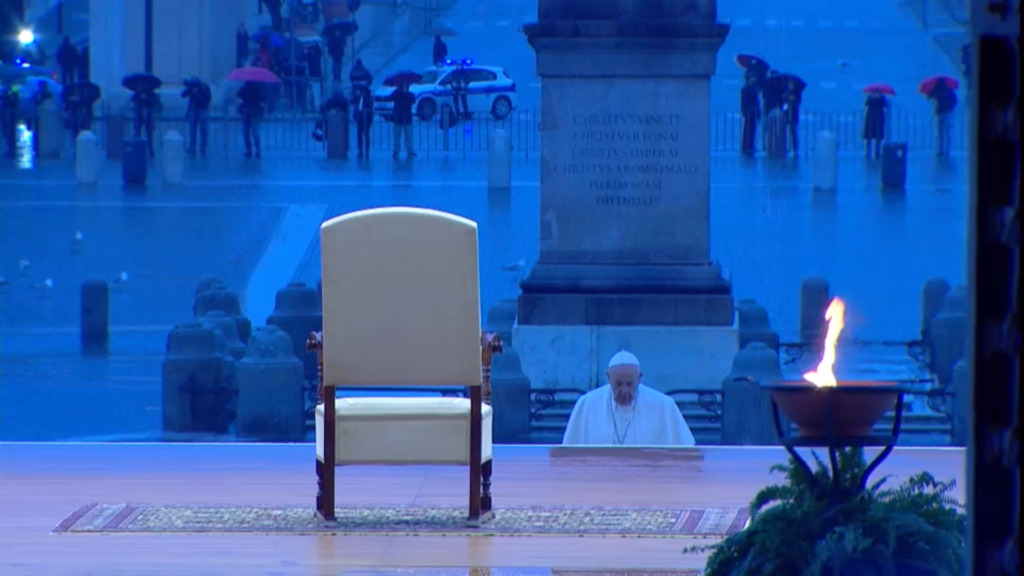
Five Years After Statio Orbis: Hope in the Midst of the Storm
Exaudi Staff
27 March, 2025
2 min
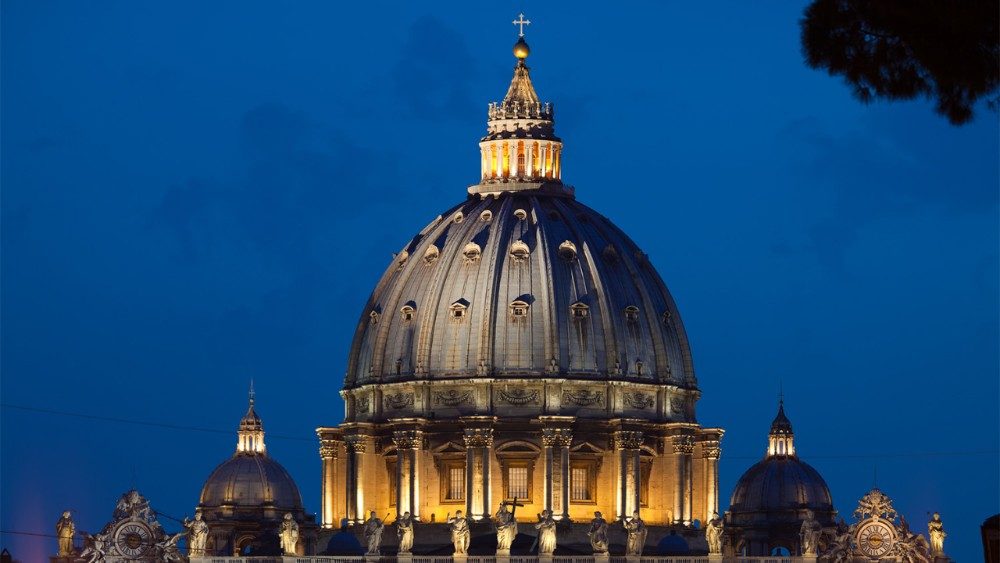
St. Peter’s Dome Will Have New Lighting for Easter
Exaudi Staff
20 March, 2025
1 min
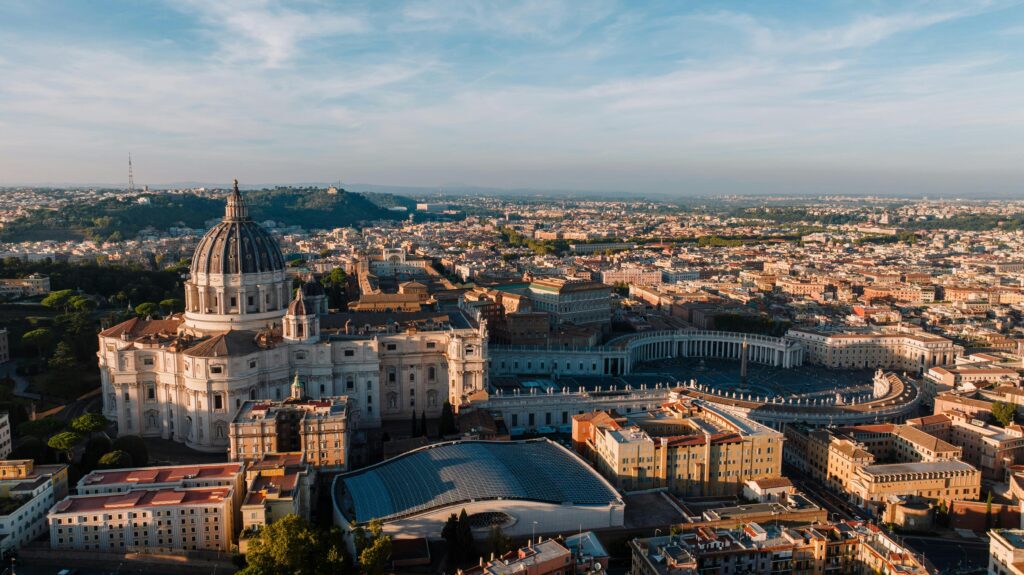
In St. Peter’s Basilica, the ancient rite of the “Statio Lenten” (Lent Station)
Exaudi Staff
17 March, 2025
2 min
 (EN)
(EN)
 (ES)
(ES)
 (IT)
(IT)

